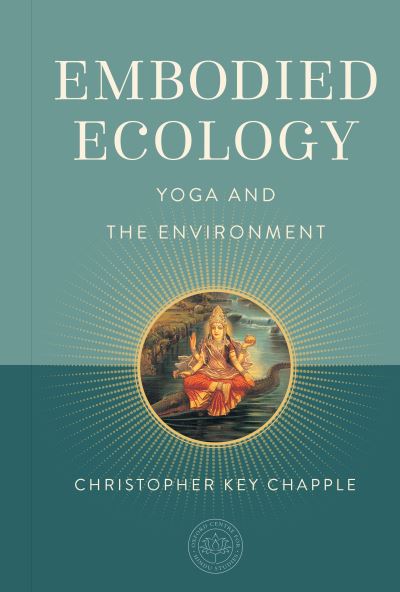
What do Hinduism and Yoga Philosophy have to say about ecology and the environment? Christopher Key Chapple provides an in-depth analysis of the traditional texts and ideas that relate to modern concerns and conversations in the environmental movement. Chapple explains what ancient Indian texts, including the Vedas and Upani?ads, tell us about the centrality of earth-awareness in early India. Chapple then also examines how contemporary eco-activists, such as Vandana Shiva, M.C. Mehta, and Sunderlal Bahuguna, are applying traditional teachings and methods to current environmental crises.
Embodied Ecology highlights how Hindu and Yoga ideals can address pressing environmental problems including global consumerism, the proliferation of plastic waste, species extinctions, and climate change. Chapple offers insights on how Yoga ethics can help us create guidelines for the modern ills of over-consumption and how meditation practices can help foster a greater connection to the environment, as well as alleviate distress brought about by eco-anxiety.
Under Chapple's guide, students will gain familiarity with primary Hindu texts describing methods for understanding and connecting with the five primary elements and learn Yoga practices and lifestyle changes that can be applied to bring about positive change on both a global and individual level.
| ISBN: | 9798887621159 |
| Publication date: | 8th May 2025 |
| Author: | Christopher Key Chapple |
| Publisher: | Mandala Publishing an imprint of INSIGHT EDITIONS |
| Format: | Hardback |
| Pagination: | 320 pages |
| Series: | The Oxford Centre for Hindu Studies Mandala Publishing Series |
| Genres: |
Mind, body, spirit |